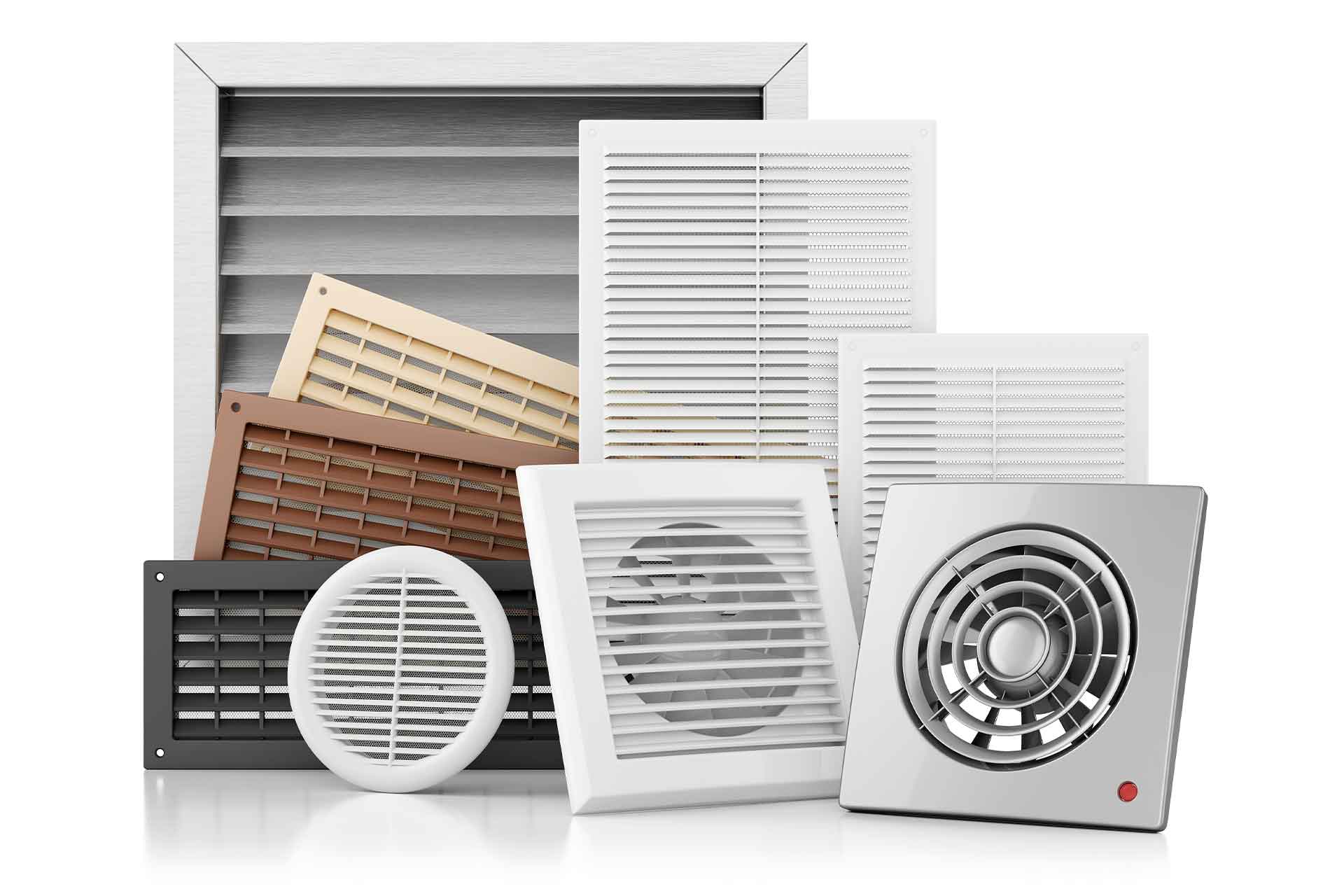The Function of Home Air Flow in Preventing Mold And Mildew and Indoor Allergens
Home ventilation is a critical element in maintaining a healthy and balanced interior environment. It manages moisture degrees, which can prevent the growth of mold and the build-up of allergens. Several house owners neglect the value of correct air flow, commonly bring about undetected problems. Comprehending just how air flow systems feature and their effect on air high quality might be the secret to a much healthier space. What actions can be required to improve these systems successfully?
Comprehending Home Air Flow Equipments
While several property owners may forget the importance of air flow, understanding home ventilation systems is crucial for keeping interior air top quality and avoiding mold development - Home Ventilation Melbourne. These systems help with the exchange of stagnant indoor air with fresh outside air, efficiently minimizing contaminants and moisture levels. Typical types include natural air flow, which counts on wind and temperature distinctions, and mechanical ventilation, which makes use of ducts and fans to control airflow. Additionally, well balanced ventilation systems incorporate both techniques to maximize air high quality. Correctly created and preserved ventilation systems can aid control temperature and humidity, making sure a comfy living environment. Property owners need to take into consideration variables like home layout, occupancy, and climate when picking a ventilation system to finest suit their needs and enhance overall air high quality
The Influence of Moisture on Mold Development
Humidity plays an essential duty in mold growth, making it a critical variable for home owners to keep an eye on. Mold and mildew grows in settings where moisture degrees exceed 60%, as these problems supply the wetness needed for spores to proliferate and sprout. High humidity can arise from different sources, including poor air flow, water leaks, and cooking or showering tasks. When humidity levels stay elevated, mold can develop quickly on natural products such as timber, drywall, and material. Homeowners should use dehumidifiers and guarantee proper air flow in locations vulnerable to wetness, such as washrooms and cellars. Preserving indoor humidity in between 30% and 50% can significantly reduce the risk of mold and mildew development, adding to a much healthier living setting.
Recognizing Common Indoor Allergens
Indoor environments can nurture a variety of allergens that influence wellness and comfort. Common indoor irritants consist of dirt termites, pet dog dander, mold and mildew spores, and pollen. Dirt mites grow in bed linen, carpets, and upholstery, feeding on organic product and adding to respiratory system concerns. Pet dog dander, composed of tiny flakes from skin and fur, can set off sensitive responses in sensitive people. Mold spores, usually existing in moist locations, can affect and proliferate air top quality. In addition, plant pollen can penetrate homes via open windows or on clothes. Determining these allergens is crucial for keeping a healthy and balanced indoor setting. Awareness of their existence allows homeowners to take proactive procedures to reduce direct exposure and enhance overall indoor air quality.
Advantages of Correct Air Flow
Proper ventilation is essential for preserving a healthy indoor atmosphere, as it helps to manage air high quality and minimize the accumulation of toxins. Ample air movement facilitates the exchange of outdoor and interior air, consequently watering down hazardous materials such as unpredictable natural compounds, allergens, and dirt. This process not just enhances comfort however also contributes to the total well-being of residents by reducing breathing problems (Home Ventilation Melbourne). Correct ventilation effectively manages humidity levels, minimizing the likelihood of mold growth and fostering a drier environment favorable to health. In addition, it can improve energy performance by ensuring that heating & cooling systems run extra successfully, causing reduced power prices. On the whole, correct air flow is a vital element in advertising a secure and healthy and balanced home

Tips for Improving Home Air Flow
Numerous home owners might overlook it, improving home air flow is essential for enhancing air quality and protecting against mold and mildew growth. One reliable technique is to on a regular basis open windows to advertise cross-ventilation, allowing fresh air to circulate. Installing exhaust fans in kitchens and shower rooms can effectively eliminate moisture-laden air, lowering humidity degrees. Homeowners ought to additionally consider using air purifiers with HEPA filters to catch allergens and toxins. Frequently preserving HVAC systems, consisting of changing filters, assurances peak air flow and effectiveness. Securing leakages around home windows and doors can avoid outside air from getting in, which helps keep a regular indoor environment. Incorporating houseplants can normally enhance air quality while adding visual worth to the home.
Frequently Asked Inquiries
Just how Frequently Should I Tidy My Home Ventilation System?
Figuring out how usually to clean up a home ventilation system depends on numerous factors, including use and ecological problems. Home Ventilation Melbourne. Normally, experts advise a thorough cleansing every three to five years to maintain perfect airflow and effectiveness
Can Plants Help In Reducing Indoor Allergens?
Study suggests that certain indoor plants may help in reducing irritants by improving air quality and boosting moisture. However, their effectiveness varies, and maintaining a clean environment stays essential for managing indoor allergens efficiently.
What Sorts Of Air Filters Are Ideal for Mold And Mildew Avoidance?

Are There Details Ventilation Needs for Basements?

Exactly how Do I Know if My Ventilation Is Functioning Properly?
To identify efficient ventilation, one should keep track of humidity degrees, check airflow with vents, and observe indicators of condensation or stationary air. Routine evaluations can suggest whether the system adequately circulates and exchanges interior air.
Recognizing how ventilation systems function and their impact on air top quality can be the secret to a much healthier living space. While lots of house owners may forget the significance of air flow, comprehending home air flow systems is vital for preserving interior air quality and avoiding mold growth. Usual kinds consist of natural air flow, which depends on wind and temperature differences, and mechanical ventilation, which uses followers and air ducts to regulate airflow. Proper air flow is necessary for keeping a healthy indoor environment, as it helps to manage air quality and minimize the accumulation of toxins. Several More hints house owners might overlook it, enhancing home air flow is essential for enhancing air high quality and avoiding mold and mildew development.